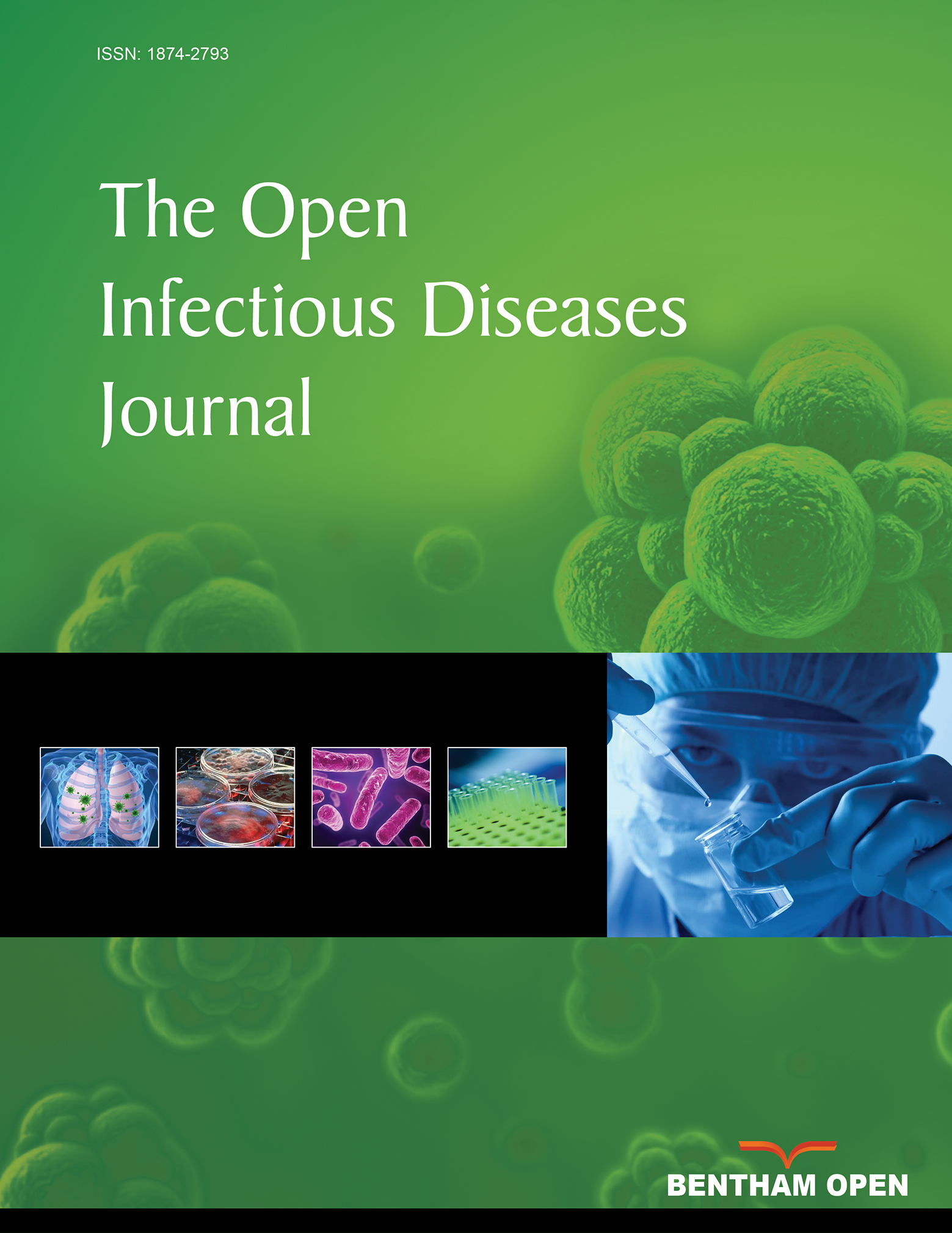All published articles of this journal are available on ScienceDirect.
Outpatient Parenteral Antimicrobial Therapy (OPAT) in the Kingdom of Bahrain: Efficacy, Patient Satisfaction and Cost Effectiveness
Abstract
Outpatient parenteral antimicrobial therapy (OPAT) is an alternative method to deliver intravenous antimicrobial agents to patients requiring parenteral therapy without an overnight hospital stay. The aim of this study was to review the OPAT services, to explore patient satisfaction with the services provided, and to determine cost effectiveness. A retrospective review for the raw data collected in the OPAT clinic between February 2012 and January 2013 was included. Patients’ variables including age, sex, type of infection, and service costs were analyzed with descriptive statistics. Each patient’s eligibility was assessed by an infectious disease physician (ID), and a family physician. Patient's satisfaction was measured by a modified short version patient satisfaction questionnaire. Cost was calculated for each patient in the OPAT clinic and compared to the actual cost if the same patient was admitted and treated in the hospital. During the last 12 months, 101 patients, 92 adults, and nine children were treated in our OPAT clinic. Half (50%) of the patients were referred from general practitioner services and our emergency department. Ceftriaxone was the most frequently used antibiotic, prescribed to 76% of the patients. Successful cure was achieved in 97 treated patients. Patients were highly satisfied with the OPAT service with the mean rating of 4.41 SD + 0.31. Cost was reduced from $75, 000 to $30, 000 over one year. This retrospective study suggested that OPAT service is safe and potentially a cost saving approach for the health care system. OPAT service is acceptable and well tolerated among patients receiving intravenous antimicrobial agents.


